This spontaneous business activity has created a great competitive advantage over fixed-route passenger buses, making traditional passenger buses. Decree No. 158/2024/ND-CP has very clear regulations on passenger transport business activities under contract, however, this form of transport is considered to be causing difficulties for management agencies and may not guarantee the rights of passengers if an incident occurs.
Management challenges
In the context of the increasing demand for convenient, flexible and affordable travel, the spontaneous transportation model under the name of "shared cars" or "convenient cars" has developed strongly and vigorously. With just a few simple searches on social networking platforms such as Facebook, Zalo, Telegram... a series of introductions and invitations of this service activity are available across the provinces and cities. With attractive invitations about convenience, quality, and "surprisingly cheap" prices, this activity has brought certain convenience to people, especially the ability to be picked up and dropped off at home as a passenger transport service under contract.
However, this spontaneous development has posed a series of serious problems for the management of the authorities, and at the same time created great legal and safety risks for users. The core problem of "shared cars" lies in the fact that this activity is a transport business in nature but does not comply with regulations on business registration and taxes. According to long-distance carpool drivers, this activity can bring in income of up to tens of millions of VND per month, but these vehicles are often still equipped with personal license plates or do not have contract license plates.
“The nature of business is to pay taxes and fees to the state. When transportation activities take place spontaneously, without paying any taxes or fees, it creates an unequal competitive advantage compared to traditional passenger transport, such as fixed-route buses. As a result, fixed-route buses cannot compete, fall into a state of desertedness, lack of passengers, and even have to violate the law by picking up passengers on the street to maintain operations,” said Phan Van Luu, a driver on the Ninh Binh - Hanoi route.

Not only does it create unfair competition, but this type of service is also considered to not guarantee the rights of passengers in the vehicle in case of an accident. Meanwhile, in a legal transport business environment, units must strictly comply with safety and insurance requirements.
“According to regulations, transport business units must ensure traffic safety, including safety management and implementation of traffic safety assurance to meet requirements. This includes the person directly operating the transport having to re-check the technical condition of the vehicle, ensure safety before the vehicle starts moving, check documents and records. Passenger transport activities must be monitored and supervised, and drivers must strictly comply with regulations on continuous driving time, speed, and travel routes. Meanwhile, spontaneously combined vehicles often ignore these basic requirements, thus failing to meet the requirements of the passenger transport business model,” Associate Professor Dr. Nguyen Hong Thai, Head of the Faculty of Transport Economics , University of Transport, assessed.
Management is necessary.
According to Lawyer Tran Quang Khai (Hanoi Bar Association), passenger transport activities under contract have been clearly regulated by the Government in legal documents, including Decree No. 158/2024/ND-CP (issued on December 18, 2024) regulating road transport activities. According to Decree No. 158/2024, passenger transport business under contract is one of the regulated types of transport. Units participating in this type must have a license to operate automobile transport business.
The specific regulations to manage this activity are very clear, such as the transportation contract must be made in writing (paper or electronic) before carrying out the transportation. The contract must clearly state information about the transportation business unit, the transport hirer, time, starting/ending location of the contract, route, contract value and payment method. The passenger transport business unit under contract is not allowed to accept reservations for individual passengers. It is only allowed to transport passengers who have been picked up and dropped off at the correct location stated in the contract and the accompanying list provided by the transport unit. This is the key difference that spontaneous "carpooling" activities often violate. Cars operating passenger transport business under contract according to the provisions of Decree No. 158/2024/ND-CP must also have the "CONTRACT VEHICLE" badge. Drivers must have a labor contract and must strictly comply with regulations on working time and rest time.
Contract transport businesses must apply software to support transport connections and freight pricing. Vehicles must be equipped with journey monitoring devices. The application of technology in management, information retrieval, electronic invoices, and electronic contracts is mandatory. These regulations help management agencies (such as the Ministry of Construction and the Ministry of Public Security) have tools to inspect, check, and handle violations. In particular, data from journey monitoring devices can help authorities grasp the status of law enforcement regarding continuous driving time and speed.
“The spontaneous "carpooling" or "convenient ride" activities, although bringing immediate convenience in terms of price and flexibility, have clearly revealed major shortcomings in tax management, unfair competition, and the risk of insecurity, not ensuring the rights of passengers when incidents occur. The Government's issuance of Decree 158/2024 has provided a detailed and clear legal framework to manage the type of passenger transport under contract, from requirements on licenses, badges, contracts, to the application of monitoring technology. To protect consumer rights and restore order in the transport business, the authorities need to strengthen inspection and strictly handle cases of taking advantage of the "carpooling" form to circumvent the law, evade taxes, and at the same time bring this activity into the established legal framework,” analyzed Lawyer Tran Quang Khai.
Source: https://cand.com.vn/Giao-thong/can-lap-day-khoang-trong-phap-ly-xe-dich-vu-tra-hinh--i788151/



![[Photo] General Secretary To Lam receives Vice President of Luxshare-ICT Group (China)](https://vphoto.vietnam.vn/thumb/1200x675/vietnam/resource/IMAGE/2025/11/15/1763211137119_a1-bnd-7809-8939-jpg.webp)
![[Photo] Panorama of the 2025 Community Action Awards Final Round](https://vphoto.vietnam.vn/thumb/1200x675/vietnam/resource/IMAGE/2025/11/15/1763206932975_chi-7868-jpg.webp)
![[Photo] Prime Minister Pham Minh Chinh meets with representatives of outstanding teachers](https://vphoto.vietnam.vn/thumb/1200x675/vietnam/resource/IMAGE/2025/11/15/1763215934276_dsc-0578-jpg.webp)









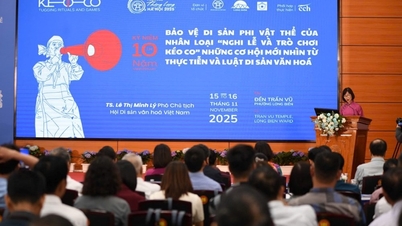







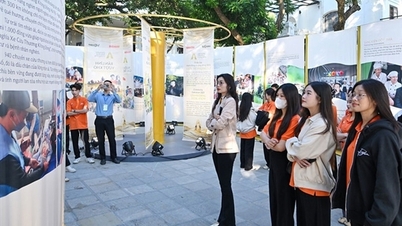

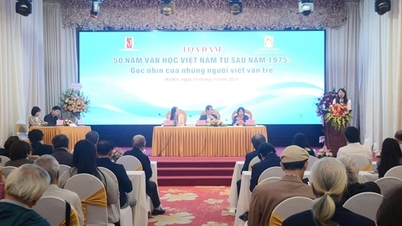








































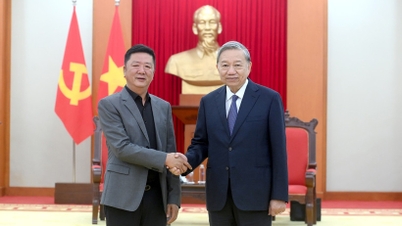


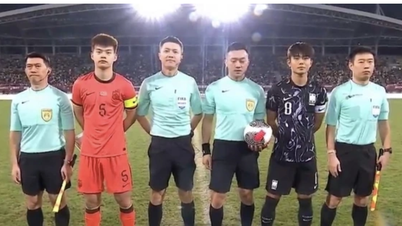


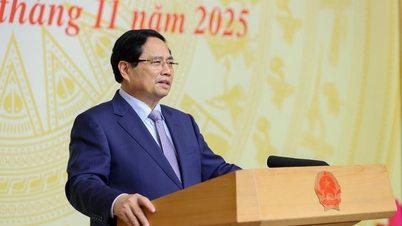







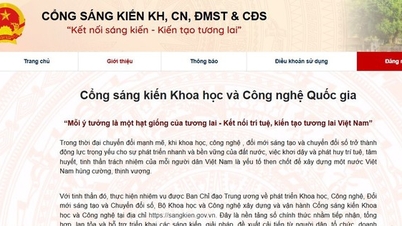
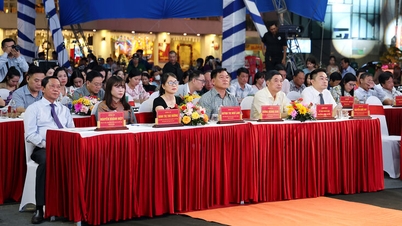





















Comment (0)